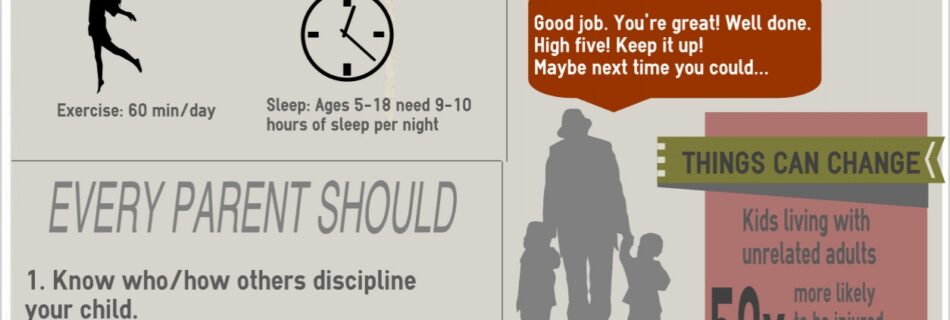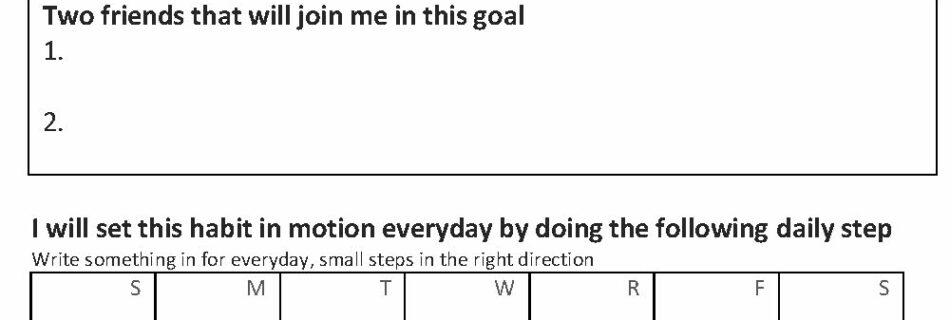On Setting Boundaries
By: Steve Greenman, MA, LPC, NCC “No” is a complete sentence.” Anne Lamott When I was working at an in-patient recovery center as a therapist, we would discuss boundaries in group. Many of the men in my group were between the ages of 18-30 and had issues relative to their addictive behaviors such as dual …









